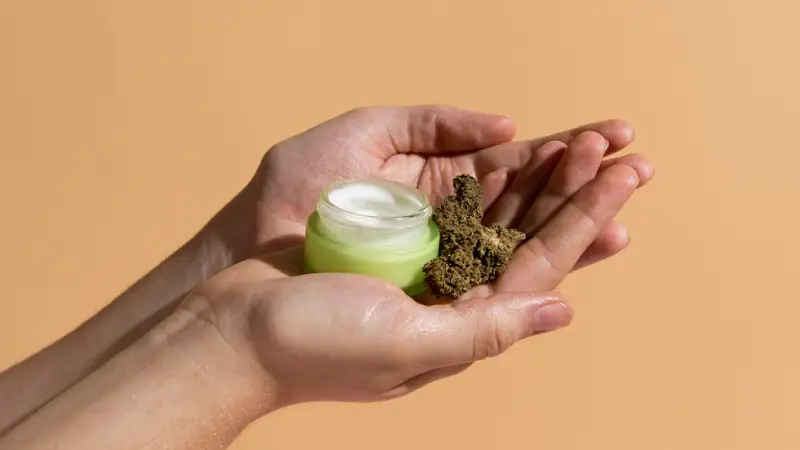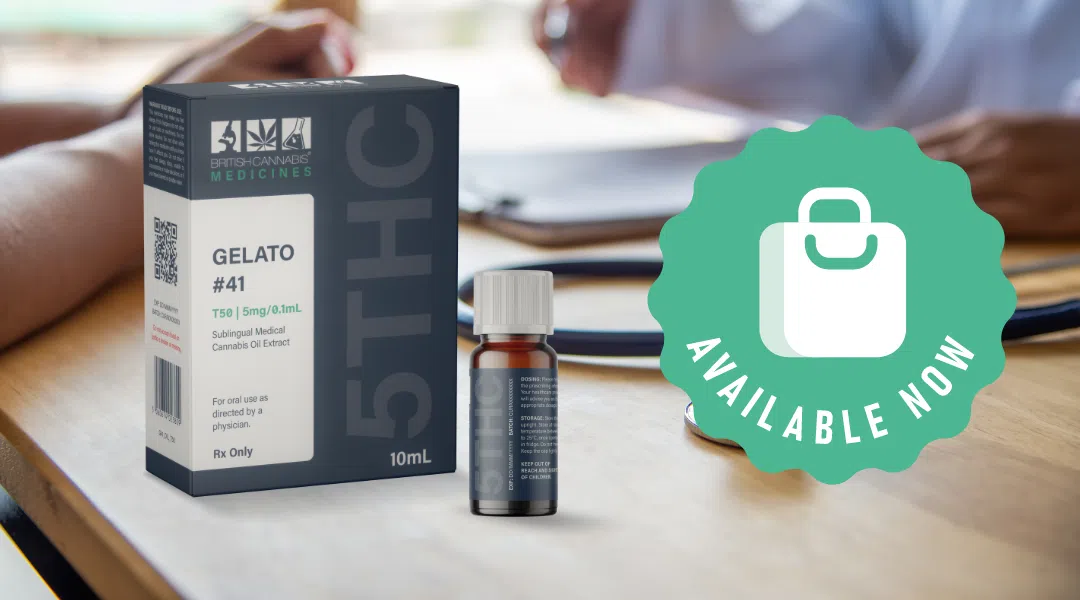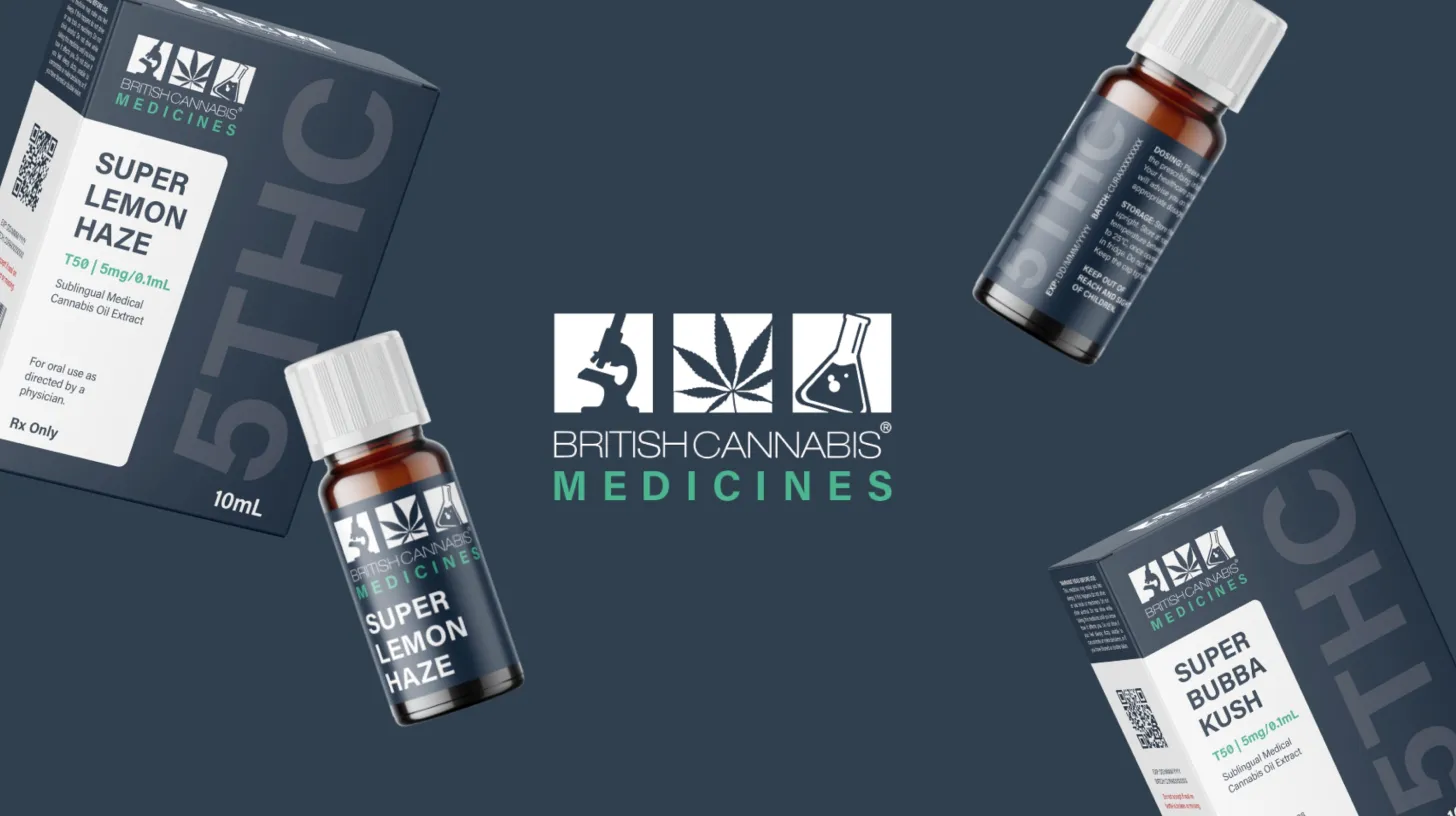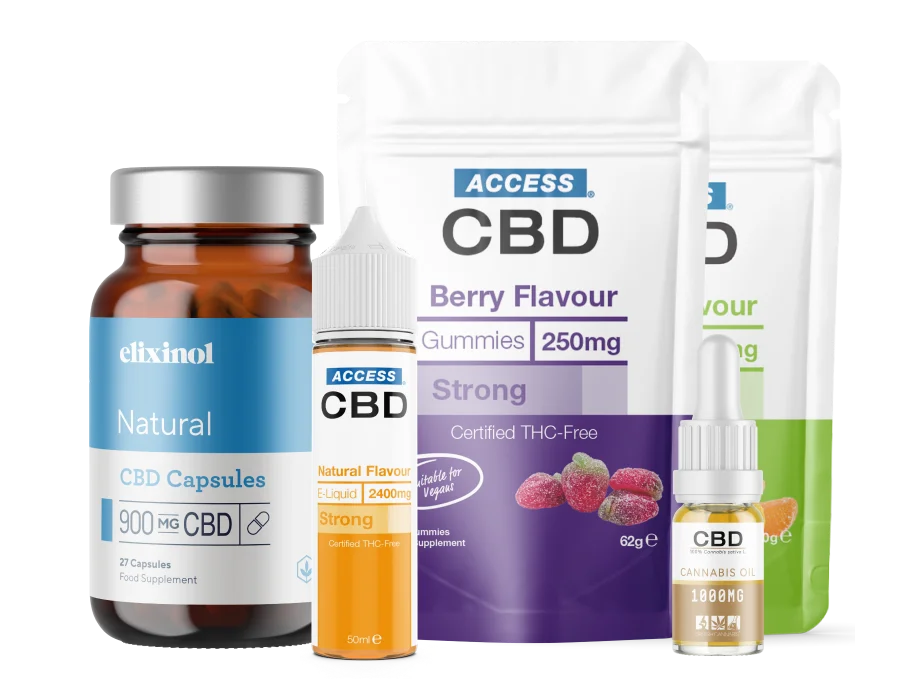
Understanding CBD Cream: Effects, Safety, and Sleep
Introduction
Navigating the world of Cannabidiol (CBD) and its myriad products, a common question arises: Can CBD cream make you tired?
This query not only speaks to the safety and effects of CBD but also to its potential as a sleep aid.
To address this, it’s pivotal to understand CBD, particularly in cream form, and its interaction with the body’s endocannabinoid system (ECS).
- What is CBD?
CBD, or Cannabidiol, is a prominent cannabinoid found in the cannabis plant.
Unlike THC (tetrahydrocannabinol), its psychoactive counterpart, CBD is non-psychoactive, meaning it doesn’t induce the “high” typically associated with cannabis. - The Endocannabinoid System (ECS):
The ECS is key in maintaining the body’s internal equilibrium.
It consists of endocannabinoids (produced by the body), receptors, and enzymes. Essential elements of the ECS include:
- Endocannabinoid receptors: These receptors, scattered throughout the body, are triggered by endocannabinoids to regulate functions like mood, pain, and sleep.
- Enzymes: They break down endocannabinoids after their role in the ECS is completed.
- Consistent CBD Usage:
Consistent application of CBD is often recommended for optimal results.
This regular usage allows CBD to effectively interact with the ECS, potentially leading to more pronounced and enduring benefits.
Can CBD Cream Make You Tired?
No, CBD cream applied topically generally does not make you feel tired. When applied topically as a cream, CBD’s primary effects are localized rather than systemic.
This means that it primarily affects the area where it is applied, working on the receptors in the skin and nearby tissues.
However, individual reactions to CBD can vary. Some people might experience relaxation or mild sedation, which could potentially translate to a feeling of tiredness, especially if they are sensitive to the compound.
It is also important to consider that the experience of tiredness could be influenced by other ingredients in the CBD cream or other factors unrelated to CBD.
Understanding this aspect of CBD is crucial for those seeking to incorporate it into their daily routines without disrupting their energy levels.

Effects of CBD vs. THC
When discussing the effects of CBD, particularly in the context of sleep and energy levels, it’s crucial to differentiate between CBD and THC, two well-known compounds found in cannabis plants.
Differing Interactions with the ECS
- CBD: CBD does not bind directly with the primary endocannabinoid receptors (CB1 and CB2).
Instead, it influences these receptors indirectly and interacts with other biological targets, which might affect various physiological processes. - THC: In contrast, THC binds directly to these receptors, particularly CB1 receptors in the brain, leading to the psychoactive effects or the ‘high’ associated with marijuana.
THC’s Effects on the Body
- Euphoria and Sedation: THC is known for inducing feelings of euphoria and, in some cases, sleepiness or lethargy, especially in higher doses.
- Impact on Sleep: THC might initially aid in falling asleep, but it can disrupt sleep architecture and reduce the quality of REM (Rapid Eye Movement) sleep.
CBD’s Non-Psychoactive Nature
- No ‘High’ Effect: CBD, due to its lack of binding directly with ECS receptors, doesn’t produce the ‘high’ associated with THC.
- Potential Benefits Without Sedation: CBD can offer several benefits, such as anxiety relief and pain management, without the sedative effects often linked to THC.
Understanding these differences is essential when considering the use of CBD creams and other products.
While THC may have more pronounced sedative effects, CBD offers a non-psychoactive alternative that may support various aspects of health and well-being, including sleep, without the overt drowsiness associated with THC.
This distinction is key for those seeking the therapeutic benefits of cannabinoids while maintaining their daily energy levels and cognitive clarity.
Potential Benefits of CBD
Exploring the multifaceted benefits of CBD reveals why it has gained such widespread attention.
Its potential extends beyond just addressing sleep concerns, encompassing a range of health and wellness applications.
Mood Elevation
CBD may contribute to an improved mood by interacting with serotonin receptors in the brain, which are crucial for mood regulation.
Stress Management
The calming effects of CBD are often cited in stress reduction.
Its interaction with the ECS can help in moderating responses to stress.
Muscle Soreness Relief
CBD’s anti-inflammatory properties are thought to aid in reducing muscle soreness and inflammation, making it a popular choice for post-exercise recovery.
Sleep Improvement and Energy-Boosting
While it doesn’t act as a sedative, CBD might help regulate sleep patterns, leading to more restful sleep, which in turn can improve energy levels during the day.
Focus and Concentration Enhancement
By potentially reducing anxiety and stress, CBD may create a more conducive mental state for focus and concentration.
Each of these potential benefits contributes to the growing popularity of CBD in various forms, including creams, oils, and edibles.
As research continues to evolve, the understanding of CBD’s impact on health and well-being will likely expand, offering new insights into its diverse therapeutic potential.
For now, CBD stands as a versatile compound with a broad range of applications for people seeking natural health solutions.
CBD and Daytime Drowsiness
A common misconception about CBD is that it causes daytime drowsiness, similar to some sleep aids.
However, the reality is more nuanced, and understanding CBD’s role in sleep regulation can clarify this aspect.
Non-Sedative Nature of CBD
Unlike certain sleep medications, CBD does not typically induce a state of sedation or deep drowsiness.
Instead, it may help in balancing the body’s natural sleep-wake cycle.
This balancing act can lead to improved sleep quality at night, which, in turn, contributes to better alertness and energy levels during the day.
Promoting Healthy Sleep Patterns
For individuals with sleep disturbances, CBD might aid in normalizing sleep patterns, thereby reducing the likelihood of daytime fatigue.
This effect is different from the direct sedative action of sleep medications.
Instead, it’s about supporting the body’s natural rhythms.
Individual Responses to CBD
It’s important to note that reactions to CBD can vary from person to person.
While most do not experience significant daytime drowsiness, some may notice a subtle increase in relaxation or calmness.
This variance underscores the importance of personal experimentation with dosage and timing when starting to use CBD products.
CBD Creams and Daytime Use
When applied topically, as with CBD creams, the effects are localized, and systemic absorption is minimal.
This means that the risk of any significant drowsiness is even lower compared to ingestible forms of CBD.

Choosing the Right CBD Product
When delving into the world of CBD, selecting the appropriate product is crucial for achieving the desired results.
This choice depends on individual needs, preferences, and the specific issues one aims to address.
- Variety of CBD Products:
- The market offers a wide range of CBD products, including oils, tablets, mints, balms, and gummies.
Each form has its unique benefits and methods of application or ingestion. - For instance, BRITISH CANNABIS™ CBD products offer a diverse selection, catering to different preferences and requirements.
- The market offers a wide range of CBD products, including oils, tablets, mints, balms, and gummies.
- Topical CBD Creams:
- CBD creams, such as those available on BRITISH CANNABIS™, are designed for external application.
They are particularly beneficial for localized issues like muscle soreness or skin conditions. - The topical application ensures targeted relief, and the cream’s texture often provides additional moisturizing benefits.
- CBD creams, such as those available on BRITISH CANNABIS™, are designed for external application.
Quality and Purity
- The quality of CBD products is paramount.
High-quality products ensure purity, potency, and safety. - It’s important to choose products from reputable sources that provide transparent information about their ingredients, sourcing, and manufacturing processes.
- The quality of CBD products is paramount.
Form and Concentration
- The form of CBD chosen should align with your lifestyle and ease of use.
For example, oils and tinctures are suitable for those preferring oral ingestion, while balms and creams are ideal for those seeking topical application. - The concentration of CBD in the product also matters.
Beginners may start with lower concentrations and gradually increase based on their experience and the results they observe.
- The form of CBD chosen should align with your lifestyle and ease of use.
Legality and Compliance
- It’s crucial to verify the legality of CBD products in your region, as laws can vary.
- Ensure that the products comply with local regulations regarding THC content and are derived from legally grown hemp.
Customer Reviews and Testimonials
- Reading customer reviews and testimonials can provide insights into the effectiveness and quality of the product.
- These reviews often highlight user experiences and can help in making an informed decision.
Safety, Legality, and Habit-Forming Aspects of CBD
When considering incorporating CBD into your wellness routine, it’s important to address concerns regarding its safety, legality, and any habit-forming potential.
These factors play a crucial role in making an informed decision about using CBD products.
Safety of CBD
- Generally, CBD is well-tolerated and considered safe for most individuals. Side effects are rare and typically mild when they do occur.
- Common side effects might include fatigue, changes in appetite, and gastrointestinal issues, especially at high doses.
- It’s important to use CBD responsibly and start with lower doses, gradually increasing as needed and tolerated.
Drug Interactions
- CBD can interact with certain medications, similar to grapefruit, by affecting how the body processes these drugs.
- If you’re taking prescription medications, particularly those that come with a “grapefruit warning,” it’s vital to consult with a healthcare professional before starting CBD.
Legal Status of CBD
- The legality of CBD varies by region and is often tied to the source of the CBD (hemp vs. marijuana) and its THC content.
- In many places, CBD derived from hemp with less than 0.3% THC is legal, but it’s important to check local laws and regulations.
Non-Habit Forming
- Current evidence suggests that CBD is not addictive. Unlike THC, CBD does not produce a high or euphoric effect, which significantly reduces its potential for abuse.
- This makes CBD an appealing option for those seeking natural alternatives without the risk of dependency.
Quality and Compliance
- Opt for high-quality CBD products from reputable sources. Look for products that undergo third-party testing and provide certificates of analysis (COAs) for transparency.
- This ensures that you are getting a product free from contaminants and with the accurate concentration of CBD as claimed.
Consultation with Healthcare Providers
- Always consider discussing your intention to use CBD with a healthcare provider, especially if you have underlying health conditions or are pregnant or breastfeeding.
Conclusion: The Potential of CBD for Sleep
In summarizing the potential of CBD, especially regarding sleep, it’s evident that its role is more about enhancing sleep quality rather than inducing sleep directly.
CBD may help in regulating the sleep-wake cycle by addressing issues like stress and anxiety, rather than acting as a sedative.
- Realistic Expectations: It’s crucial to approach CBD with realistic expectations. It’s a supportive tool, not a cure-all, and individual experiences can vary.
- Starting with CBD: For those considering CBD for sleep improvement, begin with a low dose and adjust as needed.
Different forms, such as creams or oils, offer various options to suit individual preferences. - Staying Informed: As research on CBD continues to evolve, staying informed about new findings is key to making educated decisions about its use.
Ultimately, CBD’s potential in sleep enhancement and overall wellness is promising, but it requires a personalized approach and an informed understanding of its effects and benefits.
References
Giacoppo, S., Mandolino, G., Galuppo, M., Bramanti, P., & Mazzon, E. (2015). A new formulation of cannabidiol in cream shows therapeutic effects in a mouse model of experimental autoimmune encephalomyelitis. DARU Journal of Pharmaceutical Sciences, 23(1), 48. https://doi.org/10.1186/s40199-015-0131-8
Eskander, J. P., Spall, J., Spall, A., Shahrvini, B., & Sadiq, S. A. (2020). Cannabidiol (CBD) as a treatment of acute and chronic back pain: A case series and literature review. https://www.researchgate.net/publication/341491070_Cannabidiol_CBD_as_a_treatment_of_acute_and_chronic_back_pain_A_case_series_and_literature_review
Davenport, S., & Zorzan, N. (2021, March 31). CBD Skin Cream: Benefits, Uses, and Best Options. Medical News Today. https://www.medicalnewstoday.com/articles/cbd-skin-cream






